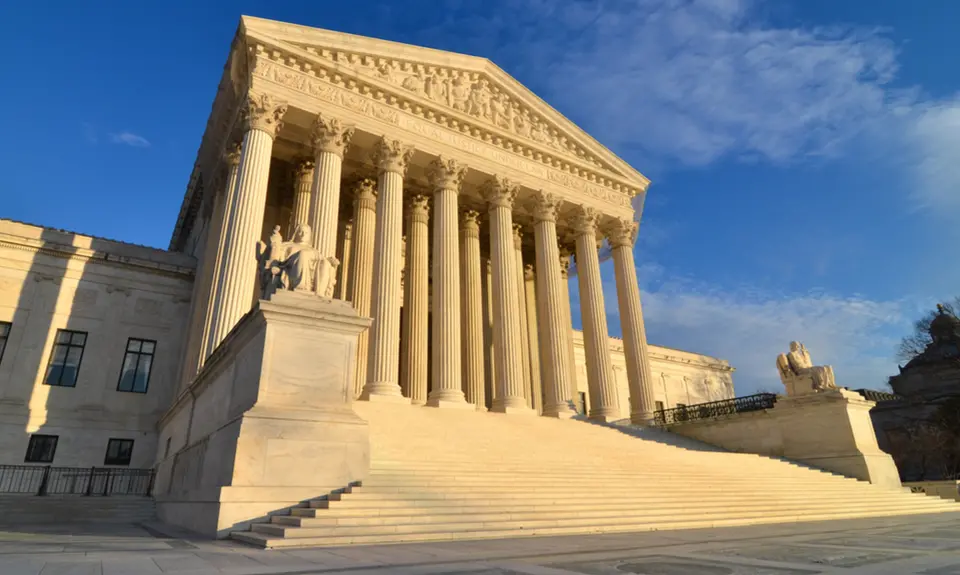“Confirmed Judges, Confirmed Fears” is a blog series documenting the harmful impact of President Trump’s judges on Americans’ rights and liberties. Cases in the series can be found by issue and by judge at this link.
Trump Supreme Court justices Brett Kavanaugh and Neil Gorsuch cast deciding votes to decline to lift an appeals court stay that had the result of continuing in effect a Florida law that takes away the right to vote of thousands of formerly incarcerated people in Florida. This was despite a district court order that ruled the law unconstitutional. The July 16, 2020 case is Raysor v. DeSantis.
In 2018, Florida voters approved a constitutional amendment that restores the right to vote to people with prior felony convictions. In 2019, however, the Republican-controlled Florida legislature passed a law that requires such individuals to pay all fines, courts costs, and fees before they can register to vote, regardless of income. After a preliminary injunction and then a full trial, a federal district court ruled in May 2020 that the law is unconstitutional because it violates due process and the constitution’s 24th Amendment, which prohibits poll taxes.
The state appealed to the 11th Circuit, which stayed the district court ruling on July 1 until the full court rules on the issue. The court set argument in the case for the same day as the August primary, well after the July 20 registration deadline for that election. The voters thus went to the Supreme Court, asking the justices to lift the stay and reinstate the district court’s ruling pending a final decision on the merits.
In an unsigned July 16 order without an opinion, the Court rejected the request. Justice Sonia Sotomayor strongly dissented, joined by Justices Ruth Bader Ginsburg and Elena Kagan.
As Justice Sotomayor wrote, the effect of the Court’s order is to prevent “nearly a million” people from voting in the primary “simply because they are poor.” The case clearly met the Court’s criteria for vacating an appellate court stay, Sotomayor went on, since (1) serious and irreparable injury is threatened, (2) the Court would likely review the decision in the case at some point, and (3) the 11th Circuit was “demonstrably wrong” in issuing the stay. This was because it had failed to pay attention to the district court’s extensive findings, it was acting inconsistently with its own previous decision not to disturb a preliminary injunction in the case, and it did not act until a few weeks before the registration deadline.
More broadly, Sotomayor criticized the majority for continuing a “trend of condoning disenfranchisement.” She noted that the Court had recently relied on the principle of not disturbing the status quo shortly before an election as its excuse for forbidding changes to make voting safer in Wisconsin during the pandemic because the changes “supposedly came too close to election day.” Faced now with “an appellate court stay that disrupts a legal status quo and risks immense disenfranchisement,” she concluded, “the Court balks.”
The case will continue to be litigated with the hope of ensuring that these many voters can participate in November. As a result of the votes of the Court majority including Kavanaugh and Gorsuch, however, their ability to participate in Florida’s primary has been eliminated.
